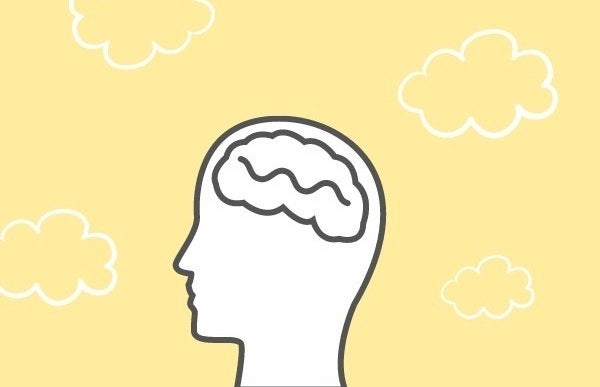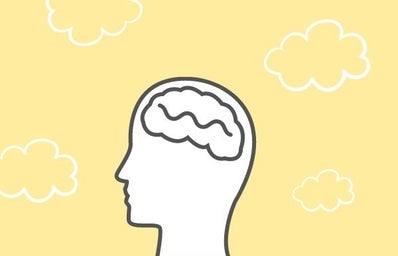There are obviously many different kinds of people who all have different strengths and weaknesses, as well as varying degrees of each of these in different skill sets. One of the most common and recognizable categorizations of people is the left and right-brain distinction.
While the left and right-brain laterality grouping is a myth (you use your entire brain, not only one side), it is still a commonly used metaphor for illustrating the distinction between people who are more mathematically inclined and logical (left-brain thinkers) and people who are more creative and abstract thinkers (right-brain thinkers). People constantly refer to themselves as being “right-brained” or “left-brained,” and it’s apparent that some people who believe themselves to be one or the other have a much harder time being engaged in skills that require the “other side” of the brain, in part because they feel so discouraged about their lack of engagement with that side.
However, it is extremely important on a personal level to be sure to engage both “sides” of your brain; doing logic puzzles or practicing brain teasers is a great way to engage your “left-brain” skills, while writing creatively or drawing is a great way to maintain your “right-brain” creativity and abstract thinking.
Despite these personal improvements you can add to your stress-relief options or daily routine, it is very important to someone’s college experience, career and life in the workforce, as well as society in general that we can surround ourselves with people who are good at thinking logically and mathematically, as well as those who are more abstract and creatively inclined. It has been suggested, with increasing frequency, in recent years that STEM is the future; this is not incorrect by any means, given the rise of technology and its increasingly contemporary applications, but by highlighting only STEM and neglecting to acknowledge those who maintain other fundamental corners of society is neglecting approximately half of the workforce.
When students go to college, they are encouraged to think for themselves, synthesize information and draw their own conclusions, try new things outside of their comfort zone, think outside the box, and make friends and connections with people who might not be exactly like them. Nowhere does anyone instill any sort of formal requirements for what students should be learning about, whether it be philosophy or mechanical engineering; students are encouraged to learn, in whatever capacity they thrive in, whatever subjects they find interesting and engaging. College is often cited as the “time and place for everything;” it is true that students will likely try a number of different academic concentrations before selecting the one they find the most applicable to what they want their life to look like in the future.
Part of the universal human experience, arguably, is reading, writing, spreading ideas, and expressing yourself. Why should we constrict students who are exceptionally gifted at these things into a box that forces them to select something more logical and mathematical if that is not what they want to do? Why do people forget about the writers and readers and dreamers so easily when their role in society is just as fundamentally important as developing new forms of artificial intelligence or new software for data analysis? Sharing and spreading ideas is how we communicate, how we explain, how we learn and understand, how we continue to develop and how we are able to connect with each other. STEM is extremely important, nobody is contesting that; but sometimes, people who are “right-brained” deserve the spotlight as well.


